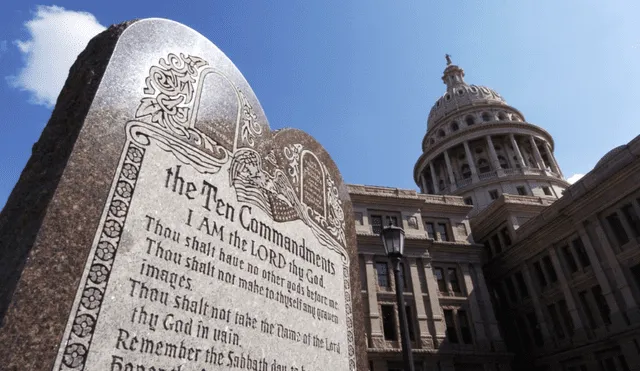Texas to require Ten Commandments in all public school classrooms — What parents need to know
A controversial bill mandating the display of the Ten Commandments in Texas public schools advances in the legislature and awaits final approval before heading to Gov. Greg Abbott’s desk.

A Texas bill that would require the Ten Commandments to be displayed in every public school classroom is advancing toward final approval. The state House passed the measure in a 82–46 vote after extended debate, bringing the legislation one step closer to Governor Greg Abbott, who is expected to sign it into law.
The House version of the bill includes a key amendment stipulating that the state — not individual school districts — would be responsible for defending legal challenges. The legislation must now return to the Senate for concurrence. The bill follows similar laws in Louisiana and Arkansas and is part of a broader national trend of religion-based education policy.
Display requirements and implementation timeline
If adopted, the law will require all Texas public elementary and secondary schools to display a hardcopy and glorified copy of the Ten Commandments in every classroom. The display must be at least 16 by 20 inches and contain the exact wording of the commandments found in the bill. Schools must either accept donated displays or use their district budgets to comply with it. The law will go into effect in the 2025-26 school year.
The bill does not create sanctions for not complying or any mention of enforcement. A state analysis confirms that the bill does not create a criminal violation. Detractors claim that this creates confusion among educators and school administrators over what is legal.

ALSO SEE: Judge accused Trump's administration violated a court order on South Sudan deportation case
Legal challenges and broader religious legislation
The proposed bill is likely to face constitutional challenges, just as it has in other states. A similar law in Louisiana is under federal court review, and a judge ruled the state did not meet constitutional obligations in enforcing the law. In a 1980 ruling, in Stone v. Graham, the U.S. Supreme Court ruled laws mandating the display of the Ten Commandments in public schools violated the U.S. Constitution and it raises questions as to how Texas plans to defend its law.
Recently, lawmakers in Texas have passed another bill to allow districts to enact voluntary readings of the Bible or prayer time with parental permission. Several civil rights organizations, most notably the Texas Freedom Network, have raised concerns over what they described as a coordinated effort to inject religious dogma into public education. They point out such laws could disenfranchise students of minority faiths and perpetuate religious discrimination in public school settings.












